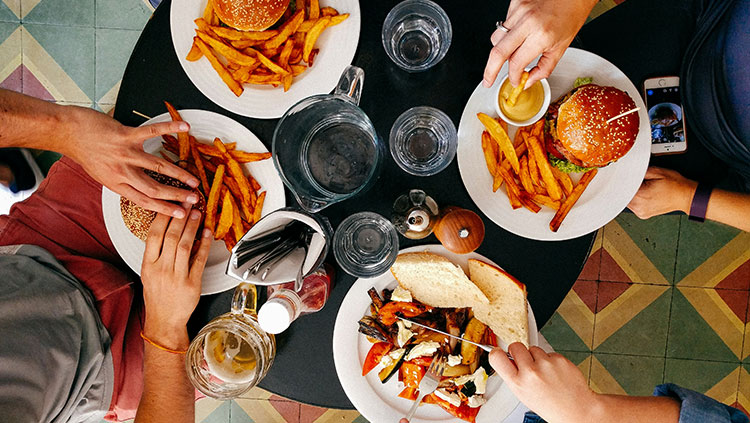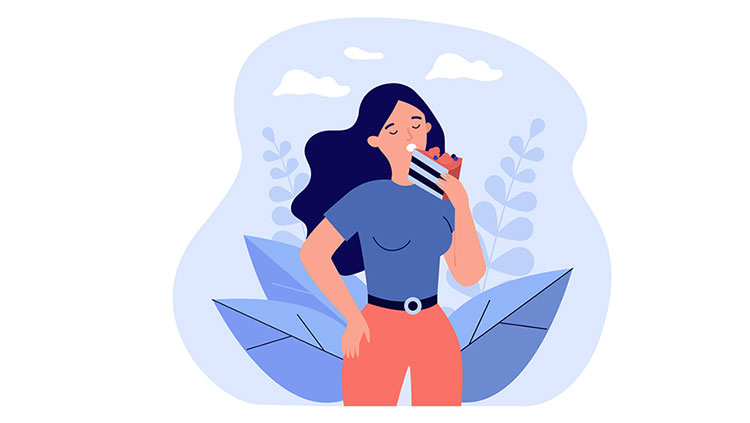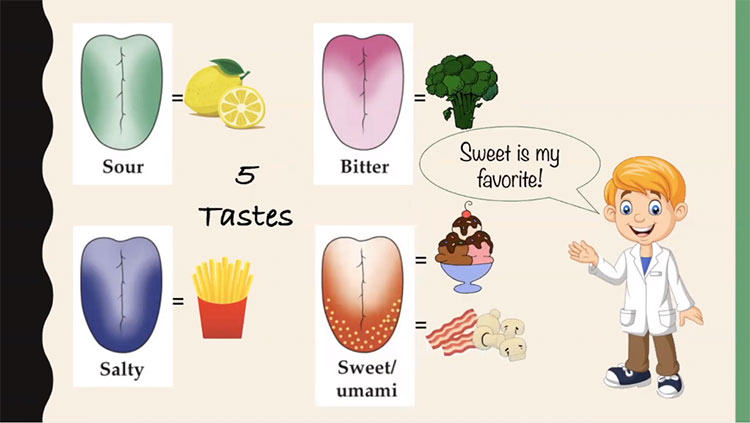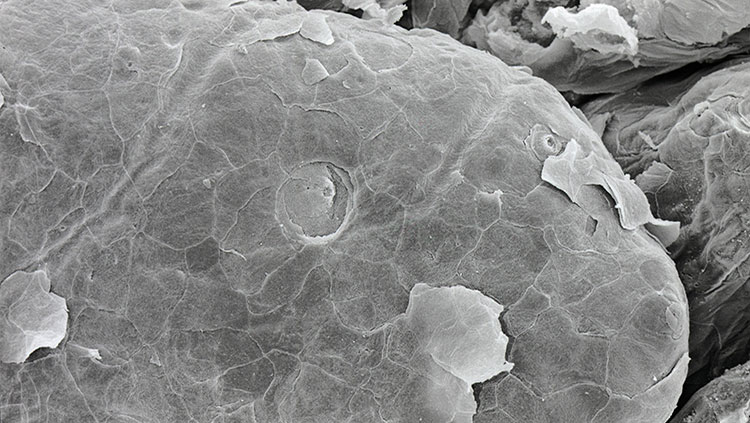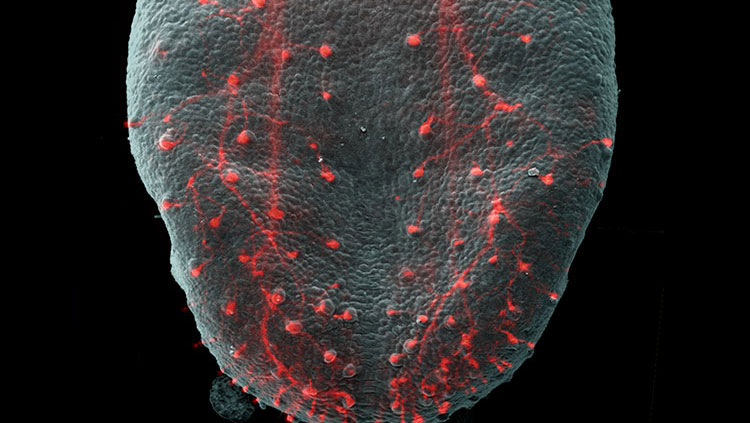It’s a special occasion. You get dressed up and go to a fancy restaurant. The lights are dim, there are candles on the tables, bold sculptures and beautiful artwork are on the walls, and lush green plants and trees are tastefully placed around the intimate restaurant.
You sit down and are offered fresh baked bread which you take and dip in the olive oil/balsamic vinegar concoction served in a shallow white plate. You take a look at the menu and decide to start out with the lobster bisque – it’s a special occasion after all. After you savor the last creamy bite, the bowl is whisked away only to be replaced with a large gray dish with a petite cut of filet mignon, a baked potato with rosemary and sea salt, and a helping of haricot verts with some delightfully delicious salty seasoning sprinkled on top.
You eat.
And eat.
And eat.
You take another piece of bread and dip it in the au jus left in the plate. You take another bite of those crunchy green beans, another bite of those fluffy potatoes, and reach for a sip of wine followed by a large gulp of water. Finally, you’re finished. You couldn’t possibly eat anymore, despite the 3 bites of steak, 2 bites of potato, and 1 lone green bean left on your plate.
But here comes the dessert tray. And you see it. A chocolate cake with cappuccino flavored filling topped with real whipped cream and one carefully placed chocolate covered espresso bean right on top. It takes your breath away. And that’s when you realize that not only do you want to eat this treat, but you have room. How is that possible?
Sensory specific satiety, you hear your inner neuroscientist saying. This phenomenon describes the decrease in pleasure one gets from eating the same type of food. This explains why that first bite of cake tastes so much better than the last bite of cake. In the restaurant situation above, your body had enough of the salty, savory dinner and so you stated you were “full” and stopped eating. When the sweet dessert rolled around, you “still had room” because you hadn’t been consuming that type of food during dinner. Sensory specific satiety explains, in part, why people stop eating – they get bored with their food.
There are four basic taste sensations: salty, sweet, bitter, and sour. When you say that your food tastes good, what you’re really saying is that you like the flavor of the food. Flavor not only involves taste sensations, but smell, touch, sound, and sight sensations. Eating is actually a multisensory experience.
If a food’s flavor isn’t what you expect, you will be less likely to eat it. In my classes I use a banana as an example to illustrate this point. When I use blue food coloring to change the sight of the banana, students won’t eat the blue banana. Now imagine if the banana smelled like blue cheese – would you eat it? You may like blue cheese, but every smell has its place.
On the other hand, if a food has an intense pleasant sensation, you may eat more of it. For example, you might be more likely to have a second piece of that bread if it’s freshly baked because it feels toasty and it smells amazing. Hot foods give off more odorants and so they smell more intense. If something smells pleasurable, you’re more likely to eat it.
With regards to sensory specific satiety and our restaurant example, as one eats the meal, the pleasure derived from the taste of the meal decreases, but so does the smell of the food. Researchers have found that the area of the brain that processes odor information, the orbitofrontal cortex, responds less to the smell of a food that is being consumed. So it’s not that the food smells or tastes any less at the end compared to the beginning of the meal; it’s your brain that is responding less to the taste and smell information it is receiving.
So this holiday season, don’t worry – there’s always room for dessert…unless of course you just had dessert!
Also In Taste
Trending
Popular articles on BrainFacts.org



